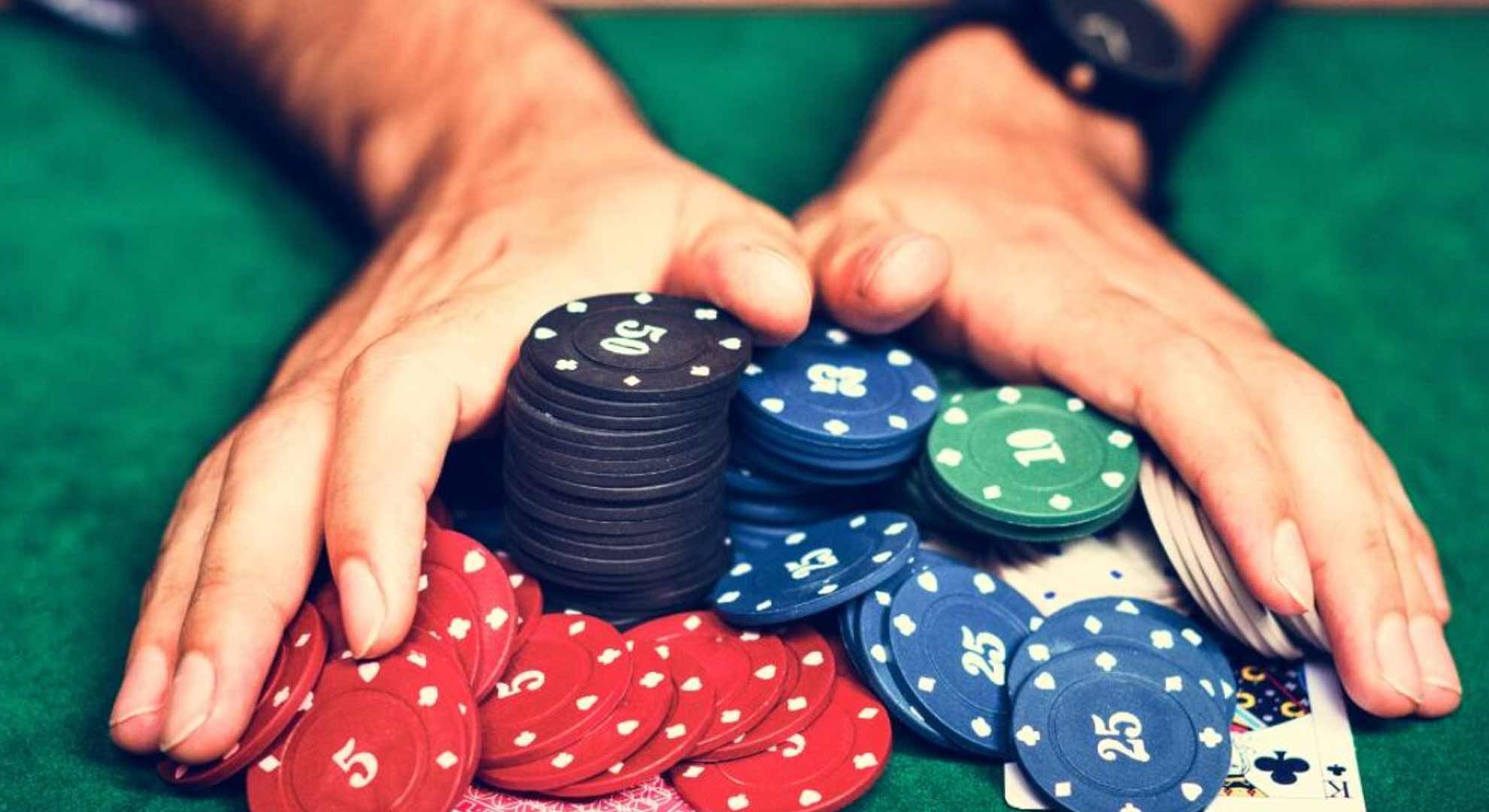How Casinos Created Their Own Myths

How Casinos Created Their Own Myths
The shimmering lights, the alluring sounds of slots, the hushed tension at the poker table – casinos are more than just places to gamble; they are meticulously crafted environments designed to captivate and immerse. But beyond the glitz and glamour, a deeper, more subtle game is played: the cultivation of enduring myths. These aren't just urban legends; many are narratives intentionally or unintentionally woven by the gambling industry itself, serving to enhance the mystique, fuel aspirations, and subtly influence player behavior. From the "house always wins" to the superstitions surrounding lucky charms, these casino myths are integral to the industry's enduring appeal.
One of the most pervasive casino myths is the notion that "the house always wins." While statistically true in the long run due to the inherent house edge in every game, this myth plays a dual role. For the casino, it’s a disclaimer, a subtle reminder of the odds. For the player, it often fuels a defiant desire to be the exception, to beat the odds, to defy the very nature of probability. This narrative is reinforced by countless stories of both spectacular wins and devastating losses, each adding another layer to the casino's dramatic folklore. It creates a powerful psychological framework where every win feels like a monumental triumph against an insurmountable foe, making the experience all the more exhilarating.
Superstition is another fertile ground for casino myth-making. Gamblers, seeking any edge in a game of chance, often cling to rituals, lucky numbers, or charms. Casinos, far from discouraging this, often subtly accommodate it. The placement of certain games, the colors used, or even the subtle encouragement of 'hot' tables can play into a player's belief system. The idea of a 'hot streak' or a 'cold deck' isn't just player-generated; it's a narrative that benefits the casino by keeping players engaged, hoping their luck will turn or continue. These gambling superstitions, from blowing on dice to avoiding certain colors, become part of the shared, unwritten rules of the casino floor, reinforcing a sense of community and shared destiny among patrons.
The lives of high rollers also contribute significantly to casino legends. Tales of multi-million dollar wins or catastrophic losses often circulate, painting a picture of extreme risk and reward. These stories, whether based entirely in fact or embellished for dramatic effect, elevate the casino experience from mere entertainment to a high-stakes arena where fortunes are won and lost in a single night. Celebrated players, their strategies, and their eccentricities become part of the lore, inspiring others to dream big. Conversely, cautionary tales of those who lost everything serve as a deterrent for some, but for others, they merely add to the thrill, highlighting the inherent danger and allure of the gambling world.
Casino architecture and design are masterclasses in psychological manipulation, subtly fostering an environment where myths can thrive. The absence of clocks and windows, the labyrinthine layouts, and the constant flow of complimentary drinks are not accidental. They are deliberate choices designed to create a timeless, disorienting bubble that encourages prolonged play. The feeling of being in a separate reality, disconnected from the outside world, makes it easier for players to suspend disbelief and immerse themselves fully in the casino's narrative. This controlled environment fosters a sense of being in a special place, where everyday rules might not apply, thus amplifying the power of the myths that circulate within its walls.
The pervasive fear of "rigged" games or hidden cheating mechanisms is another classic casino myth. While legitimate casinos operate under strict regulations to ensure fairness, the inherent uncertainty of gambling often leads players to suspect foul play, especially during a losing streak. This myth, though often unfounded, adds an element of dramatic tension, a 'man vs. machine' or 'player vs. house' dynamic that keeps the mind engaged. Paradoxically, the very efforts casinos take to prove their fairness – like transparent shuffling machines or visible dice rolls – sometimes only fuel the suspicion for the truly paranoid. Even in the realm of online casinos, such as when playing slot m88, players might wonder about algorithms, despite robust auditing and licensing.
Ultimately, the creation of these casino myths is a testament to the industry's deep understanding of human psychology. By nurturing narratives of luck, skill, risk, reward, and even hidden secrets, casinos transform a simple game of chance into a compelling, theatrical experience. These myths aren't just entertaining; they are powerful marketing tools that draw people in, keep them engaged, and ensure the enduring appeal of the gambling world, both brick-and-mortar and digital. They remind us that sometimes, the most captivating stories are the ones we tell ourselves, especially when chasing that elusive win under the bright lights of the casino floor.